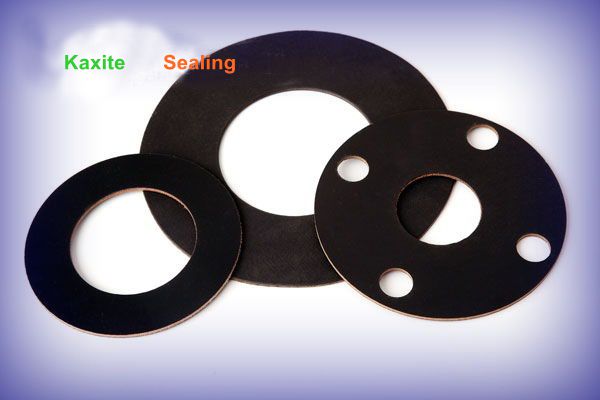Sealing Success: Exploring the Diverse Industrial Applications of Neoprene Faced Phenolic Gaskets
2024-01-30
Introduction:
In the realm of industrial applications, the choice of gasket material can make a significant difference in the performance and reliability of machinery and equipment. Neoprene Faced Phenolic Gaskets, with their unique composition, find favor in various industries where sealing solutions are paramount. This blog delves into the specific industrial applications where Neoprene Faced Phenolic Gaskets are commonly used and explores why they are preferred in these scenarios.
1. Oil and Gas Industry:
- Applications: Neoprene Faced Phenolic Gaskets are extensively used in the oil and gas sector, particularly in pipeline systems, valves, and flanges.
- Reasons for Preference: Their resistance to oil, chemicals, and high temperatures makes them ideal for sealing connections in this demanding industry. Additionally, their flexibility allows them to adapt to the irregular surfaces often encountered in oil and gas installations.
2. Chemical Processing Plants:
- Applications: Neoprene Faced Phenolic Gaskets find applications in chemical processing equipment such as pumps, reactors, and valves.
- Reasons for Preference: The gaskets' resistance to a wide range of chemicals ensures the integrity of seals in environments where exposure to corrosive substances is a constant concern. Their robust construction also contributes to preventing leaks and maintaining process safety.
3. Power Generation Facilities:
- Applications: Power plants utilize Neoprene Faced Phenolic Gaskets in boilers, turbines, and flue gas systems.
- Reasons for Preference: These gaskets' ability to withstand high temperatures, combined with their resistance to wear and tear, makes them well-suited for sealing applications in power generation. Their durability ensures a reliable and long-lasting seal in critical components.
4. Marine and Shipbuilding:
- Applications: Neoprene Faced Phenolic Gaskets are used in marine applications, including ship engines, pumps, and seawater systems.
- Reasons for Preference: Their resistance to saltwater corrosion, flexibility in adapting to the dynamic conditions of marine environments, and durability make them ideal for sealing in shipbuilding and maritime applications.
5. Automotive Industry:
- Applications: Neoprene Faced Phenolic Gaskets find use in various automotive components, such as engines, transmissions, and exhaust systems.
- Reasons for Preference: The gaskets' resistance to heat, oil, and chemicals is crucial in automotive applications where components are subjected to extreme conditions. Their ability to maintain a reliable seal contributes to the overall efficiency and performance of automotive systems.
6. Aerospace Applications:
- Applications: Neoprene Faced Phenolic Gaskets are employed in aerospace components, including rocket engines, fuel systems, and hydraulic systems.
- Reasons for Preference: In aerospace, where precision and reliability are paramount, these gaskets' resistance to temperature extremes, adaptability to complex structures, and durability make them valuable for maintaining sealed environments in critical aerospace systems.
7. Heavy Machinery and Equipment Manufacturing:
- Applications: Neoprene Faced Phenolic Gaskets are used in heavy machinery, construction equipment, and manufacturing machinery.
- Reasons for Preference: The gaskets' ability to withstand heavy loads, resist wear and tear, and provide reliable sealing in various components makes them a preferred choice in the manufacturing and industrial machinery sector.
Conclusion:
Neoprene Faced Phenolic Gaskets, with their versatile properties and robust construction, find application across a spectrum of industries where reliable sealing is non-negotiable. From the rigorous demands of the oil and gas sector to the precision requirements of aerospace, these gaskets prove their worth in sealing success. Their ability to resist harsh conditions, adapt to different surfaces, and maintain longevity positions them as trusted components in diverse industrial applications, contributing to the efficient and reliable operation of machinery and systems.



